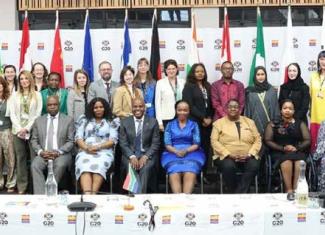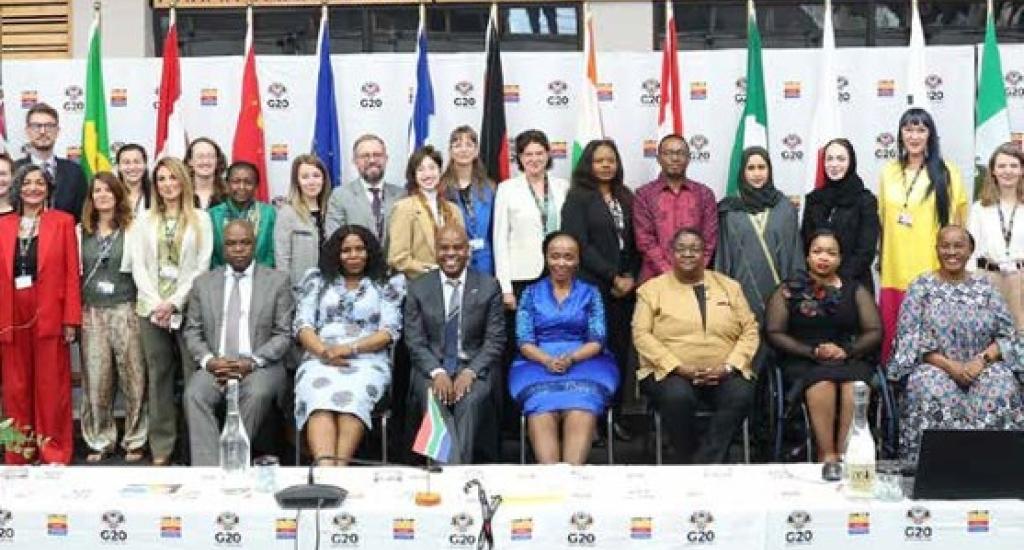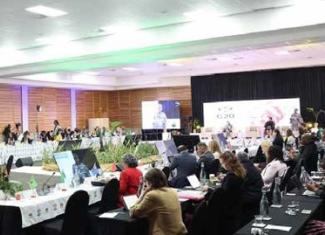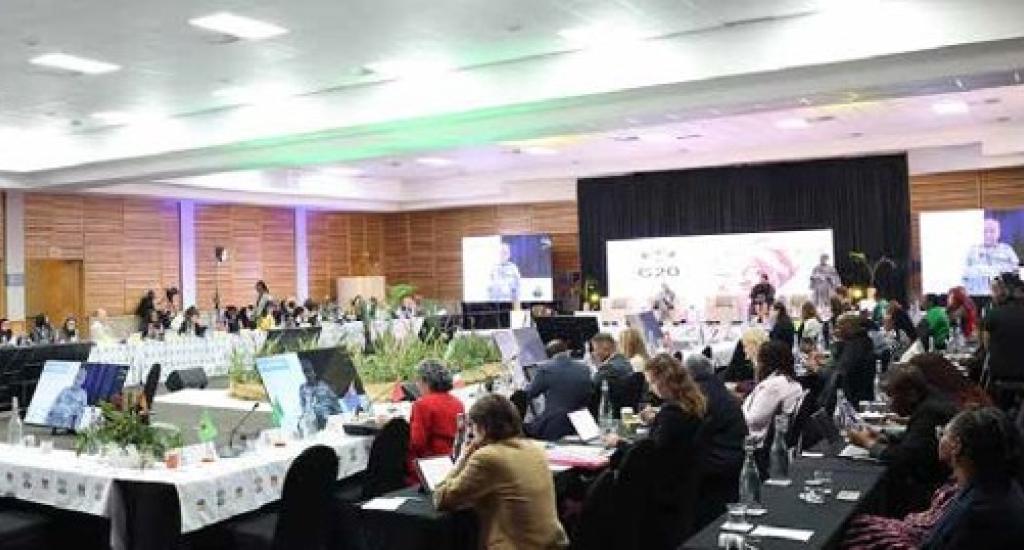South Africa places paid and unpaid care work as a priority for G20 working group
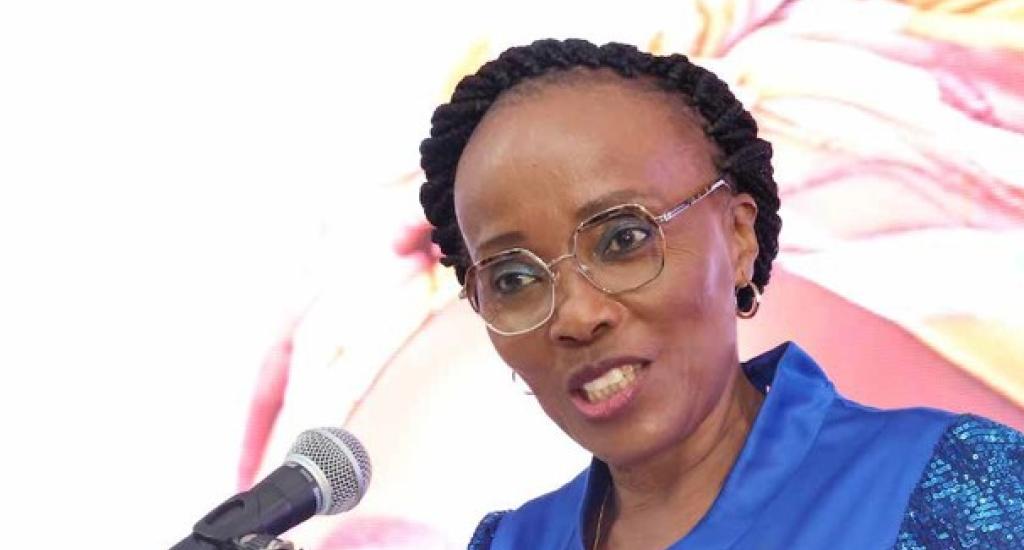
South Africa is one of the few countries that explicitly enshrine gender equality in its Constitution. Section 9 of the Bill of Rights guarantees that women and men have equal rights and access to opportunities. In accordance with this constitutional mandate, all individuals – regardless of gender – are entitled to equal participation and contribution across all sectors of the economy, politics and society, at every level.
Emerging as a beacon of hope in the pursuit of gender equality, South Africa ranked 20th out of 146 countries in the 2023 Global Gender Gap Report released by the World Economic Forum, with a score of 0.787. While this reflects significant progress, persistent challenges – such as gender-based violence and femicide (GBVF), economic disparities, health inequities and socio-political barriers – continue to hinder the full realisation of gender equality.
As part of its leadership role within the G20 Empowerment of Women Working Group (EWWG), South Africa is spearheading efforts to promote women's participation and representation in leadership, governance, and decision-making, while also advocating for increased ownership and control by women across economic and social sectors.
The group focuses on three priorities – care work, financial inclusion and GBVF. The 3rd Technical Meeting of the G20 EWWG, recently held at Kruger National Park in Mpumalanga, focused on “The Care Economy – Paid and Unpaid Care Work and Household Responsibilities”.
Care work and inequality
Care work is essential for the well-being of individuals, families and society. It includes a wide range of activities that meet the physical, emotional and social needs of people, including caring for children, the elderly, and those who are ill or living with disabilities, as well as domestic tasks like cooking, cleaning, and collecting water and fuel. It is classified into paid and unpaid care work.
Unpaid care work refers to the essential tasks performed within households and communities without monetary compensation. This includes childcare, caring for the elderly or sick, cooking, cleaning, fetching water and fuel and other domestic chores.
Paid care work encompasses direct care for persons within a household or institution for pay or profit.
In South Africa, as in many parts of the world, women disproportionately bear the burden of both paid and unpaid care work. Studies show that women in sub-Saharan Africa, including South Africa, spend as much as 3 to 3.4 times more on unpaid care work than men and boys. This is often due to traditional gender roles that assign women as primary caregivers and homemakers.
Delivering the keynote address at the event, Minister in The Presidency for Women, Youth and Persons with Disabilities, Sindisiwe Chikunga, made an urgent call for inclusive economic transformation that places women at the centre of key value chains.
Calling the care economy the “hidden engine” that sustains the visible economy, the Minister urged G20 nations to take bold steps to quantify, invest in and redistribute care work.
“If we costed all paid and unpaid care work, it would equal about 40% of global gross domestic product and 380 million jobs. Remove care and almost half the world’s economic value would evaporate overnight,” she warned.
Outlining a three-part call to action, Minister Chikunga pressed for public investment in care as critical infrastructure, the regular measurement of unpaid care through time-use surveys, and legal reforms to support parental leave, living wages for carers, and equitable workplace policies.
“Treating care as peripheral is not a statistical error; it is an act of economic self-harm rooted in patriarchal thinking,” she said.
Key aspects and challenges
Delegates underscored the urgent need to improve conditions for women in the paid care workforce, who are overrepresented in roles such as domestic work, early childhood development, home-based care and community health. Despite their vital contributions, many care workers are informally employed, earn below the national minimum wage, or are classified as volunteers, leaving them without access to labour protections, sick leave or unemployment benefits.
Limited training and professional development opportunities, coupled with unsafe and often exploitative working conditions, further hinder their ability to advance or secure decent work. Weak enforcement of labour laws and inconsistent policy implementation exacerbate these challenges.
Addressing these issues through improved wages, formalisation, stronger legal protections, and better training is essential for safeguarding workers’ rights and ensuring the sustainability and quality of South Africa’s care economy.
“Our work will be measured by practical outcomes: a woman whose unpaid care burden is lighter; a girl who stays in school because a community crèche opened; a survivor who receives timely support and justice. These are the tests that matter,” said Minister Chikunga.
Policy and advocacy
The group noted growing momentum in South Africa for stronger care policies and improved conditions for care workers. Central to this effort is the adoption of the "5Rs" framework – Recognise, Reduce, Redistribute, Reward, and Represent – as advocated by the UN Women. The framework emphasises recognising the value of care work, reducing the burden of unpaid care (particularly on women), and redistributing responsibilities more equitably. It also calls for rewarding paid care workers with fair wages, decent working conditions, and social protection to support decent work and inclusive economic growth.
Recommendations
The meeting highlighted the need to strengthen care systems as part of its G20 EWWG priorities, calling for increased public investment in affordable, accessible, and quality care services – including childcare, elder care and healthcare, supported by essential infrastructure. A key recommendation was the meaningful inclusion of care workers in policy processes and improved representation.
Policy proposals included equal paid parental leave to encourage shared caregiving responsibilities and challenge gender norms, along with expanding social protection, particularly the Unemployment Insurance Fund, to cover informal and self-employed workers, the majority of whom are women.
The delegation also stressed the importance of robust data collection on unpaid care work to inform evidence-based policymaking. Addressing both paid and unpaid care challenges was framed as essential for achieving gender equality, reducing poverty, and driving inclusive growth.
South Africa is currently preparing a declaration aligning with its three priority areas for the G20 EWWG agenda. ❖



